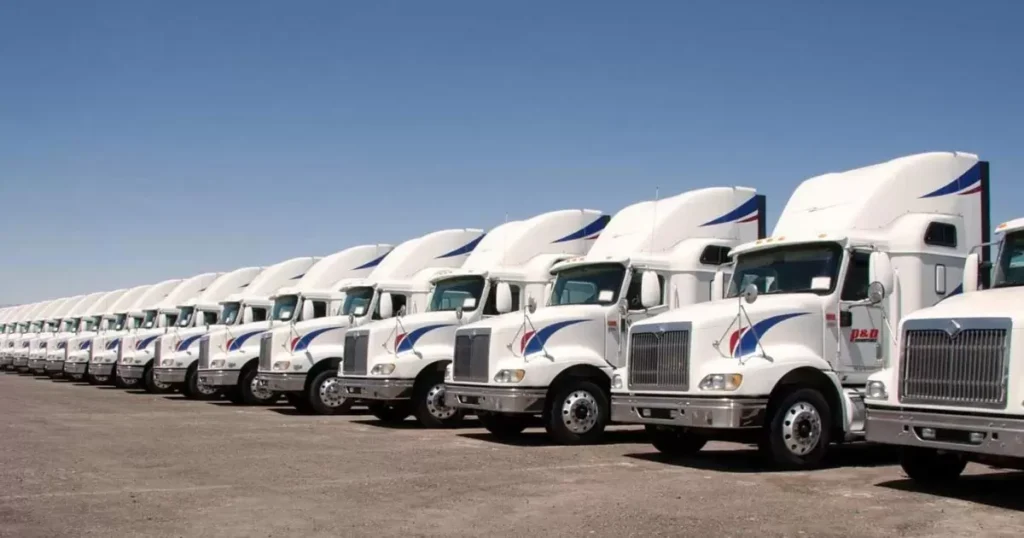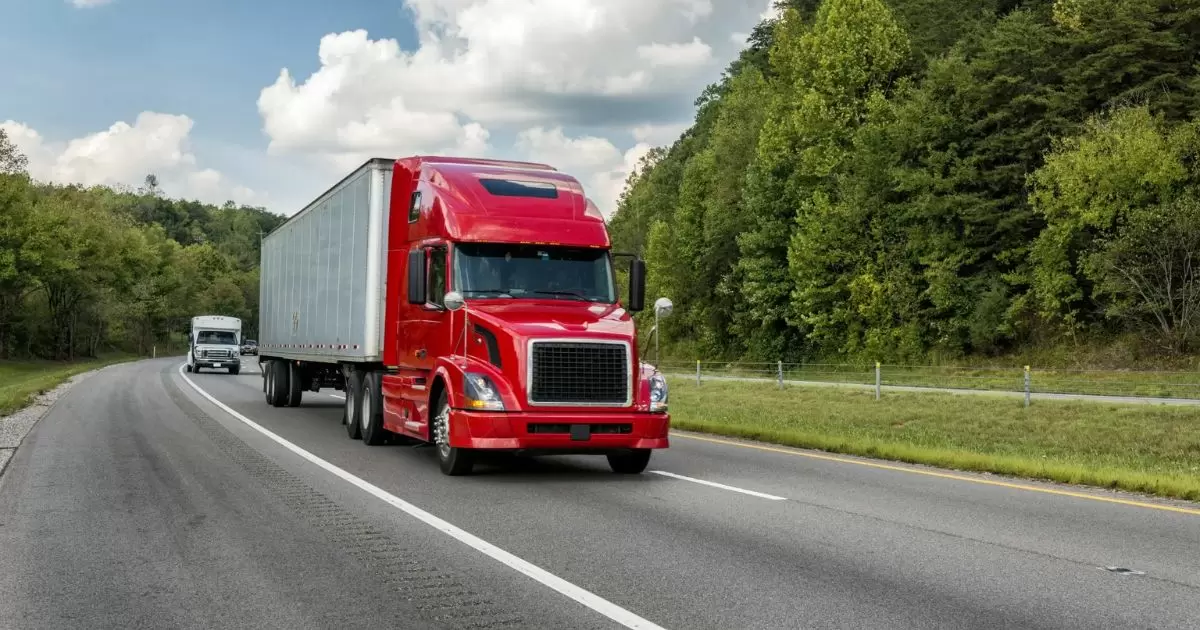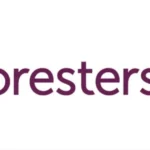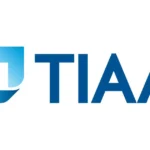Introduction
“Starting a trucking business with one truck is a smart way to enter the logistics industry with minimal risk. Learn how to choose the right truck, navigate regulations, and manage operations efficiently. ”
Starting a trucking business with one truck involves launching a logistics operation using just a single vehicle. This approach helps minimize initial costs and allows you to learn the business with manageable risk. It is ideal for those who want to enter the trucking industry without a large upfront investment.
By focusing on one truck, you can streamline operations and gain valuable experience. This method offers a practical way to test the waters before expanding.
Ready to begin your trucking journey? Follow our step-by-step guide to launch your business with one truck. Explore essential tips on selecting the right truck, handling regulations, and managing operations efficiently. Start today and turn your trucking ambitions into reality!
In this article, you’ll find detailed advice on every aspect of starting a trucking business with one truck. Learn how to research the market, choose the best truck, and navigate legal requirements.
We also provide insights on managing finances, maintaining your truck, and growing your business. This guide is designed to help you succeed in the trucking industry with practical, easy-to-follow steps.
Market Research and Planning

Market research is essential to understand the demand for trucking services in your area. Identify potential clients, such as manufacturers or retailers, and analyze the competition. A well-thought-out business plan will outline your goals, target market, operational strategies, and financial projections. This plan will serve as a roadmap for your business and help you stay focused on your objectives.
Choosing the Right Truck
Selecting the right truck is a critical decision that will impact your business operations and profitability. Consider factors like the type of freight you plan to transport, the truck’s fuel efficiency, and its maintenance costs. Whether you choose to buy or lease, ensure the truck meets your business needs and complies with industry regulations.
Business Structure and Registration
Deciding on a business structure is a key step in establishing your trucking business. Options include sole proprietorship, partnership, or limited liability company (LLC). Each structure has its advantages and implications for liability and taxes. Register your business with the appropriate state and local agencies to ensure legal compliance.
Legal and Regulatory Requirements
The trucking industry is highly regulated. You’ll need to obtain a DOT number and an MC number from the Federal Motor Carrier Safety Administration (FMCSA). Additionally, familiarize yourself with hours of service regulations and ensure your truck meets all safety standards. Compliance with these regulations is essential for avoiding fines and maintaining a good reputation.
Insurance Needs
Insurance is crucial for protecting your business and assets. Liability insurance covers damages or injuries caused by your truck, while cargo insurance protects the goods you’re transporting. Physical damage insurance covers repair costs if your truck is damaged. Work with a reputable insurance provider to ensure you have adequate coverage.
Financing Your Trucking Business

Funding your trucking business can be achieved through various means, including loans, leases, or personal savings. Create a detailed budget that includes the cost of purchasing or leasing the truck, insurance, and other startup expenses. Explore financing options that offer favorable terms and conditions for your business.
Setting Up Operations
Establishing operational procedures is essential for running a smooth trucking business. Develop a schedule for your deliveries, manage routes efficiently, and implement a system for tracking shipments. Building strong relationships with clients and ensuring reliable service will help you establish a solid reputation in the industry.
Maintaining Your Truck
Regular maintenance is vital for keeping your truck in good working condition and avoiding costly repairs. Implement a maintenance schedule that includes routine inspections, oil changes, and tire checks. Keeping detailed records of all maintenance activities will help you manage costs and ensure your truck remains compliant with regulations.
Hiring and Managing Drivers
If you choose to hire a driver, ensure they have the necessary licenses and a clean driving record. Provide proper training and establish clear expectations for performance and conduct. Effective management of drivers is crucial for maintaining a professional image and ensuring safe and timely deliveries.
Marketing Your Trucking Business
Effective marketing can help you attract clients and build your business. Create a professional website and use social media to promote your services. Networking with local businesses and joining industry associations can also help you gain visibility and credibility.
Creating a Pricing Strategy
Developing a competitive pricing strategy is key to attracting clients while ensuring profitability. Consider factors such as fuel costs, maintenance, and market rates when setting your prices. Offering flexible pricing options and discounts for regular clients can help you build a loyal customer base.
Technology and Tools for Efficiency
Utilizing technology can enhance the efficiency of your trucking business. Invest in GPS tracking systems, routing software, and fleet management tools to streamline operations and improve customer service. Embracing technology can help you stay competitive and manage your business more effectively.
Don’t Mix Business With Pleasure
Managing Finances and Accounting
Proper financial management is crucial for the success of your trucking business. Keep accurate records of all income and expenses, and use accounting software to track your finances. Regularly review your financial statements to ensure your business remains profitable and to make informed decisions.
Growth and Expansion Strategies

As your business becomes established, consider strategies for growth and expansion. This may include acquiring additional trucks, expanding your service area, or diversifying the types of freight you handle. Setting long-term goals and planning for growth can help you scale your business effectively.
Importance of Starting a Trucking Business with One Truck
Starting with one truck allows you to test the waters of the trucking industry with minimal risk. It enables you to gain experience, build a client base, and understand the operational challenges before committing to a larger fleet. This approach provides flexibility and a solid foundation for future expansion.
Additional Tips
- Stay informed about industry trends and regulations.
- Network with other trucking professionals.
- Invest in professional development and training
Pros and Cons
| Pros | Cons |
| Lower Startup Costs | Limited Capacity |
| Starting with one truck requires less initial investment compared to a larger fleet. | With only one truck, you have a limited capacity for handling multiple or larger loads. |
| Flexibility to Scale | Higher Operating Costs Per Mile |
| You can grow your business gradually based on demand and experience. | Operating costs, such as fuel and maintenance, may be higher on a per-mile basis. |
| Opportunity to Gain Experience | Increased Risk if Truck is Out of Service |
| Managing one truck allows you to learn the ropes of the industry and operations. | If your single truck is out of service, your entire business could be impacted. |
| Simplified Operations | Potential for Limited Market Reach |
| With one truck, you might face limitations in reaching a broader client base or handling more diverse freight. | |
| Lower Financial Risk | Initial Revenue May Be Slow |
| It might take some time to build a clientbase and achieve consistent revenue. |
Answers to key Questions
What are the initial costs of starting a trucking business with one truck?
Initial costs include purchasing or leasing the truck, insurance, registration fees, and maintenance. You should also budget for fuel and operational expenses.
Do I need a commercial driver’s license (CDL) to start a trucking business?
Yes, a CDL is required to operate a commercial truck. Ensure you meet all the necessary qualifications and obtain the appropriate license for the type of truck you will be driving.
How can I find clients for my trucking business?
Network with local businesses, use online platforms to advertise your services, and consider joining industry associations to connect with potential clients.
What type of insurance is necessary for a trucking business?
You will need liability insurance, cargo insurance, and physical damage insurance to protect your truck and cargo, as well as cover any potential liabilities.
How can technology improve my trucking business?
Technology, such as GPS tracking and fleet management software, can help you optimize routes, monitor truck performance, and manage operations more efficiently.
Conclusion
Starting a trucking business with one truck is a strategic approach that offers numerous advantages while presenting certain challenges. This model allows you to enter the trucking industry with a manageable initial investment, providing the flexibility to scale operations as your business grows.
It offers an opportunity to gain valuable experience and build a solid foundation without the burden of managing a large fleet. However, it’s crucial to recognize the limitations, such as restricted capacity and increased risk if the single truck is out of service.
By carefully planning, investing in the right technology, and maintaining a focus on customer service, you can effectively navigate these challenges. With a well-structured business plan and a commitment to excellence, starting with one truck can set the stage for future expansion and success in the competitive trucking industry.

Hi, I’m Amaliyah-Richard! I’m a dedicated author at Skyvoxes. I hold a Bachelor’s degree in Business, and I love writing about all things business. My aim is to make complex business topics easy to understand and accessible for everyone. Whether you’re a seasoned professional or just starting out, I hope my articles provide you with valuable insights and practical advice.










